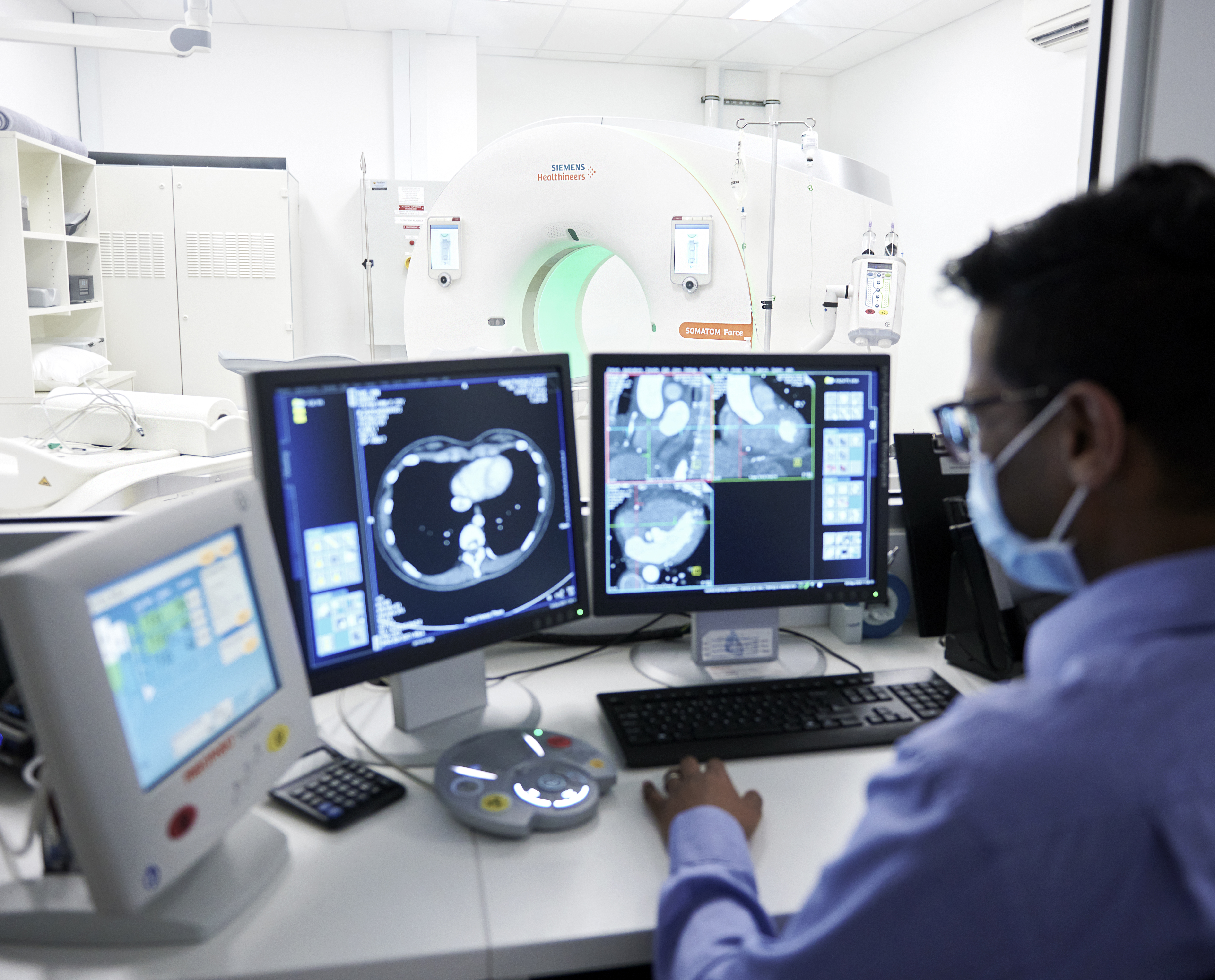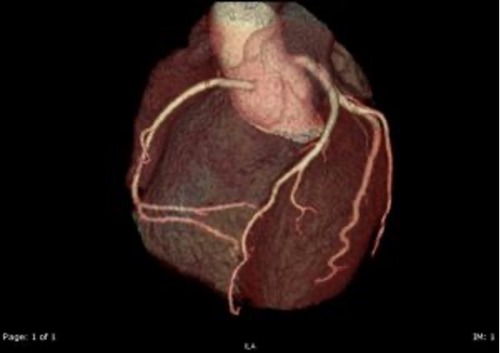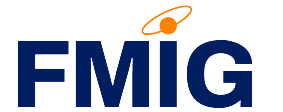
CTCA (Coronary Angiography)
What is a CT Coronary Angiography (CTCA)?
CT Coronary Angiography, or CTCA is a special type of scan which uses CT scanning to take pictures of the coronary arteries of the beating heart.
These arteries supply blood to the heart muscles. Disease, narrowing or a block in these vessels is responsible for most heart attacks.

With this scan we can see the arteries and detect early or advanced disease, which may be responsible for the symptoms.
What happens during the scan?
Standard instructions for preparation are provided at the time of booking. The patient is advised to not smoke or have caffeinated drinks before the scan (on the day of the scan).
After the patient arrives at our clinic, we will do an initial assessment of the heart rate and blood pressure. A detailed history is taken to rule out any contraindications for contrast.
If you have had previous allergy to Iodinated CT or X-Ray contrast, it is very important that you let our team know at the time of booking or at your initial assessment in our clinic.
Depending upon your heart rate, oral medication to slightly slow down the heart rate may be given to make the images clearer. Not everyone needs this medication.
When ready, a small cannula is inserted into the arm vein and the scan performed with injection of standard CT iodinated contrast. The patient needs to follow the breath hold instructions during the scan. The scan itself takes only a few minutes.
What happens after the scan?
After the scan is finished, the patient will walk off the scanner table and will be assessed in the recovery area. You will usually be allowed to go home around 20-30mins after the scan.
It is advisable that you get someone to drive you home after the scan.
For the rest of the day, it is advisable to avoid strenuous activity and drink plenty of water. Eating and drinking should resume as per your daily routine.
Our team of experienced doctors will then study your scan and send the report and images to your referring doctor.

Fees and billing
In most instances, we bulk bill to Medicare, but it is important to check with your individual clinic prior to your service
